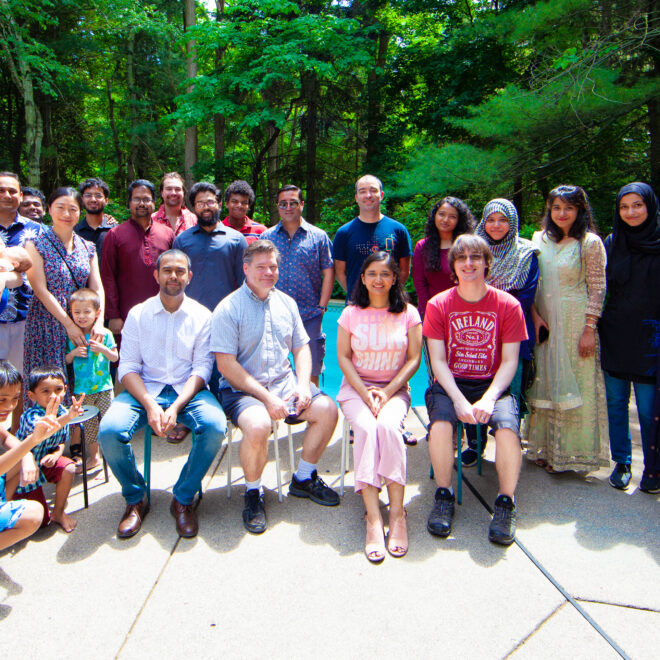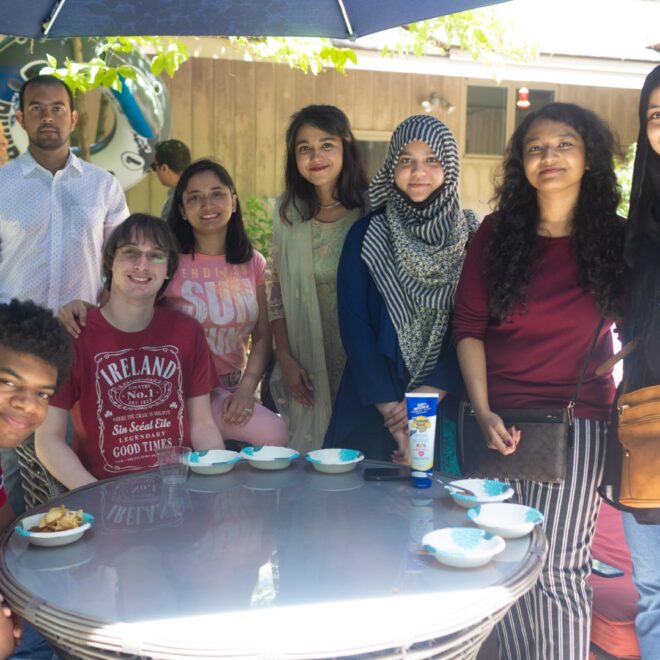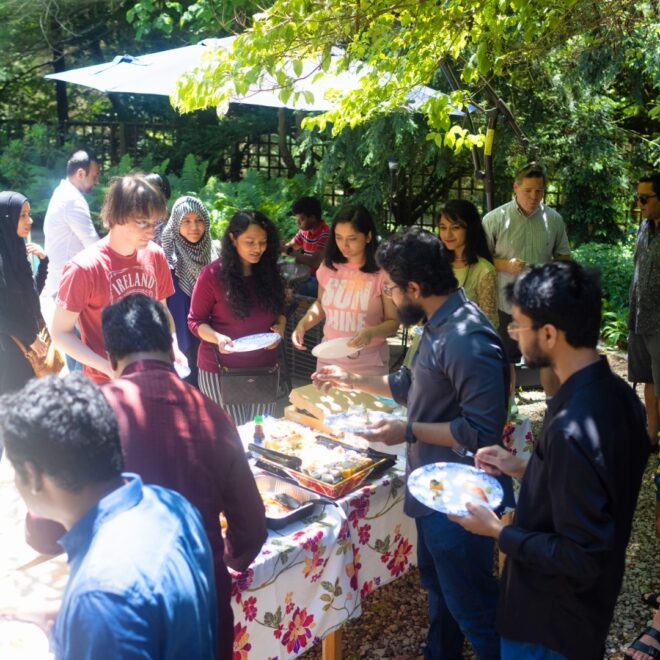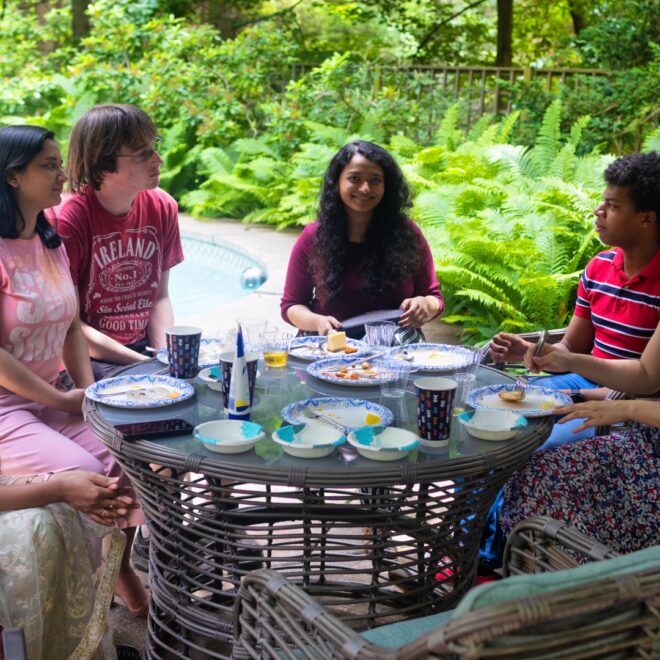Xiaofei Zhou receives a three-year Industry Fellowship
Xiaofei Zhou, a Ph.D. student at the ROC-HCI Lab, has received a three-year Industry Fellowship through the AR/VR Ph.D. Trainee Program at the University of Rochester.

The “Attitude-behavior” gap exists in online green purchasing. Redesigning e-commerce platforms can bridge the gap and promote sustainability. An effective and user-friendly concept design for showing eco-labels
READ MORE
Park is an online framework allowing individuals to perform neurological tests whenever and wherever they want. https://www.youtube.com/watch?v=O6vXA_vnPuw https://www.youtube.com/watch?v=Cui0fnR5WTM There are about 900,000 people with Parkinson’s disease (PD)
READ MORE
Have you ever not understood your doctor but were either too shy, too confused, or just didn’t know what to ask to get better clarification? https://www.youtube.com/watch?v=1QVXZo14pLw Advanced
READ MOREXiaofei Zhou, a Ph.D. student at the ROC-HCI Lab, has received a three-year Industry Fellowship through the AR/VR Ph.D. Trainee Program at the University of Rochester.
In collaboration with Vivian Shen and Chris Harrison from CMU, Spann wins the best paper award at the ACM Spatial User Interaction (SUI) 2021 conference.
ROC HCI researchers have developed SOPHIE, a virtual ‘patient’ that trains doctors in explaining end-of-life options.





We wished the graduating students all the best while welcomed the new set of students.
Raiyan Abdul Baten, a network science and human-computer interaction (HCI) researcher, is exploring these questions by meeting humans where they are: on social media.
As part of our ongoing inclusive computing initiative, we are organizing a roundtable with UR alum currently working at Google.
Congratulations to Sangwu Lee, a junior student in CS, for being among the 18 junior students to be inducted into the Phi Beta Kappa honor society.
The University of Rochester features our ongoing work on enabling telemedicine for individuals with Parkinson’s disease.
Boyu Zhang (finalist) and Ashely Tenesaca (honorable mention) are recognized by the CRA outstanding undergraduate researcher award.
Participants overwhelmingly chose to follow people who had the most creative ideas, but that creativity suffers when too many people follow the same sources of inspiration
Hoque and Bai have received an exploreCSR grant to establish “Inclusive Computing Program” to engage UR undergraduate students from underrepresented groups with diverse computing research, career pathways, and practical skill development.
Imagine being able to diagnose PTSD using a portable wearable neuro-headset and validating it with a standard PTSD questionnaire.
Ehsan Hoque, a National Academy of Medicine Emerging Leader, harnesses nonverbal cues to improve health and human connection.
Analyzing the case of Rohingya refugees in Bangladesh, we propose a two-way diagnosis of PTSD as well as develop a novel, low-cost, and remote method to screen the potential cases of PTSD based on free-hand sketches.
Hoque speaks at the panel on Trustworthy AI in pandemic response organized by the G20 The Digital Economy Task Force (DETF).
Hoque, Pentland and Gratch reflect on how the projected progress in Artificial Intelligence (AI) could impact the way negotiations take place in the future. The conference was organized by Harvard Business School and Harvard Law School.